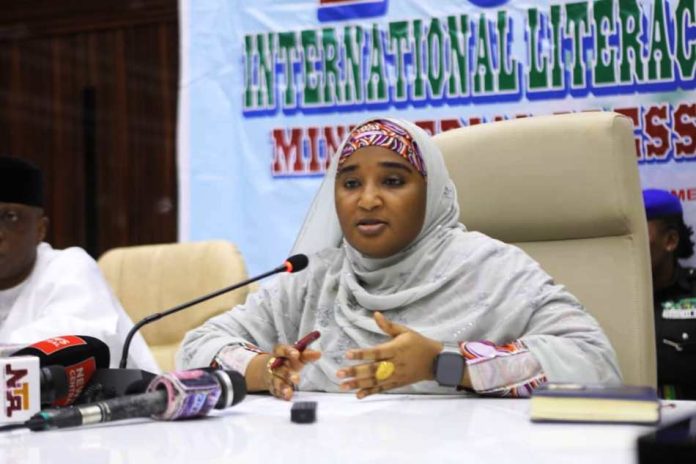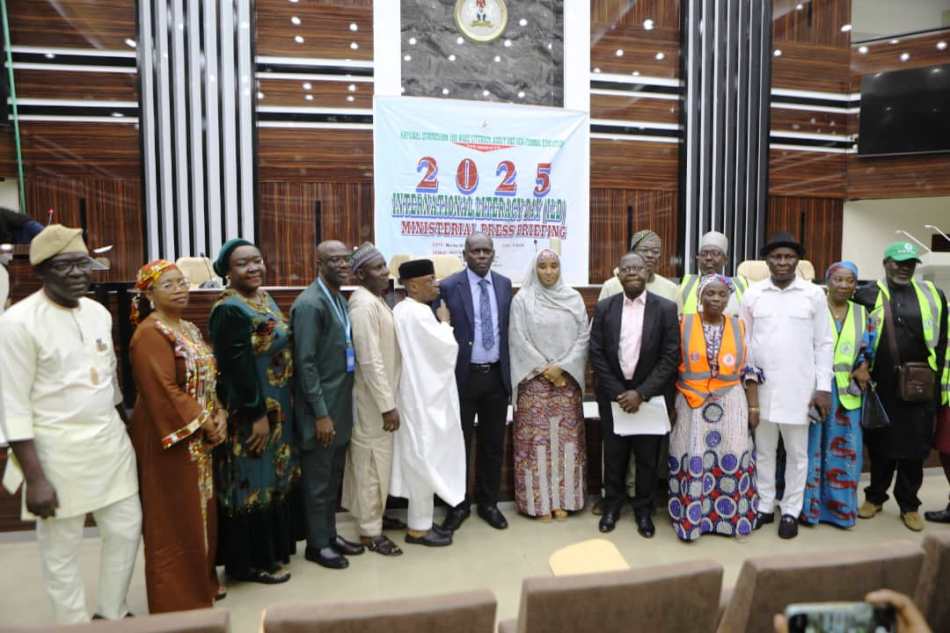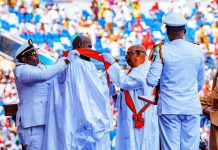The Federal Government has reaffirmed its commitment to advancing mass literacy and bridging the digital divide, as it commemorated the 2025 International Literacy Day in Abuja with the theme: “Promoting Literacy in the Digital Era.”
Speaking at a ministerial press briefing organized by the National Commission for Mass Literacy, Adult and Non-Formal Education (NMEC), the Honourable Minister of State for Education, Professor Suwaiba Said Ahmed, emphasized that literacy is the foundation of national development. She noted that under the Renewed Hope Agenda of President Bola Ahmed Tinubu, government is determined to ensure that all Nigerians, regardless of age or background, have access to inclusive and quality education.
The Minister disclosed that this year marks the 58th National Literacy Day, and the Ministry has embarked on a comprehensive data-driven approach to identify out-of-school children and adults. According to her, reliable data will enable millions to be enrolled into literacy programmes that are inclusive, empowering, and relevant to today’s needs. She stressed government’s commitment to owning and controlling its education data system to ensure accuracy, transparency, and effectiveness.
She explained that Nigeria is working toward achieving its development goals by 2030 with education at the centre. By developing a reliable data system, she said, government will track progress, identify gaps, and allocate resources more effectively. The Minister added that technology is being deployed to extend literacy to citizens in cities, villages, IDP camps, and remote communities. She therefore called on development partners, civil society organizations, and traditional leaders to support the vision of building a nation where no one is left behind.
In his address, the Acting Executive Secretary of NMEC, Dr. John Edeh Onimisi, stressed that literacy must never be a privilege but a right for all Nigerians, particularly adults and adolescents who missed out on education due to conflict, health challenges, early pregnancy, or loss of parents. He revealed that while the initial digital enrollment target for Abuja Municipal Area Council was 3,876 learners, the project has already exceeded expectations with over 27,000 individuals enrolled nationwide.
He explained that NMEC’s digital education initiative using radio, television, and mobile applications is making learning more accessible and relevant, with plans to scale across all 36 states and the FCT’s 377 local government areas. He emphasized that the programme’s success demonstrates its potential to transform underserved communities by boosting digital literacy, equipping learners with skills, and preparing Nigerians for active participation in the digital economy.
Delivering goodwill message the Director General of UNESCO, Mr. Oladeji Adeyemi, affirmed that literacy in the 21st century goes beyond reading and writing. It is about empowering citizens to think critically, navigate digital tools, and thrive in a technology-driven world. He reiterated UNESCO’s belief that literacy is a fundamental human right and a catalyst for sustainable development, peace, and social inclusion.
Mr. Adeyemi also highlighted UNESCO’s ongoing collaboration with Nigeria, including teacher training, skills development, and the promotion of media and information literacy.
Signed
Boriowo Folasade
Director, Press and Public Relations







